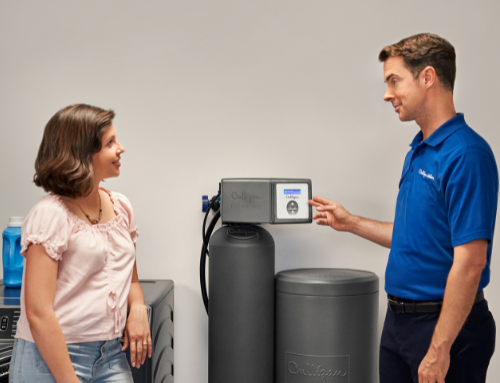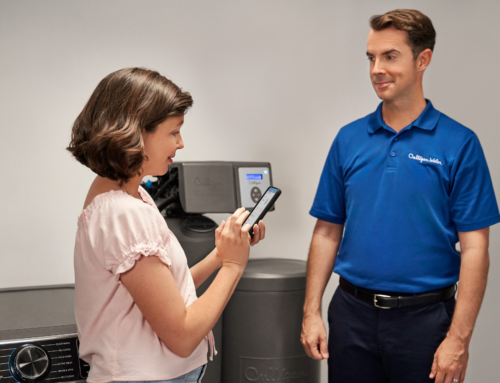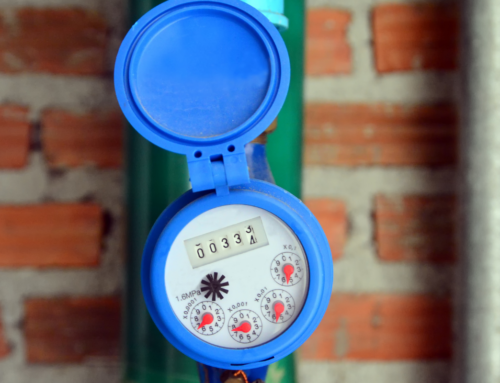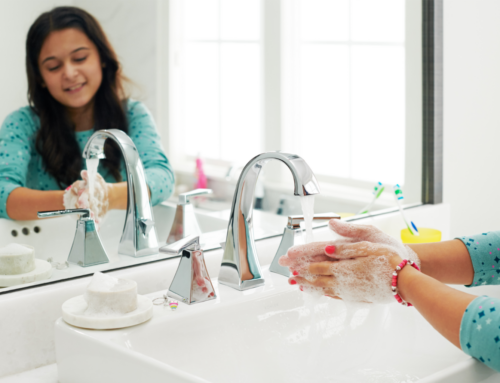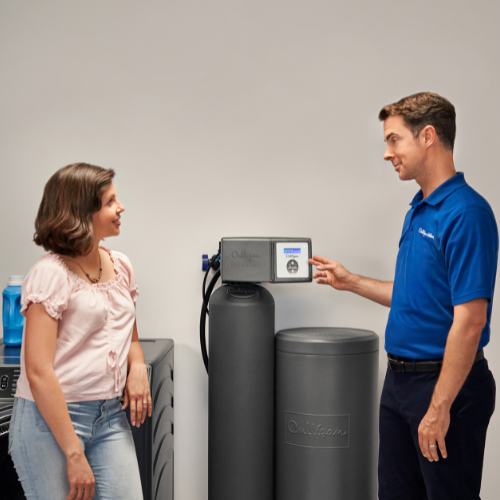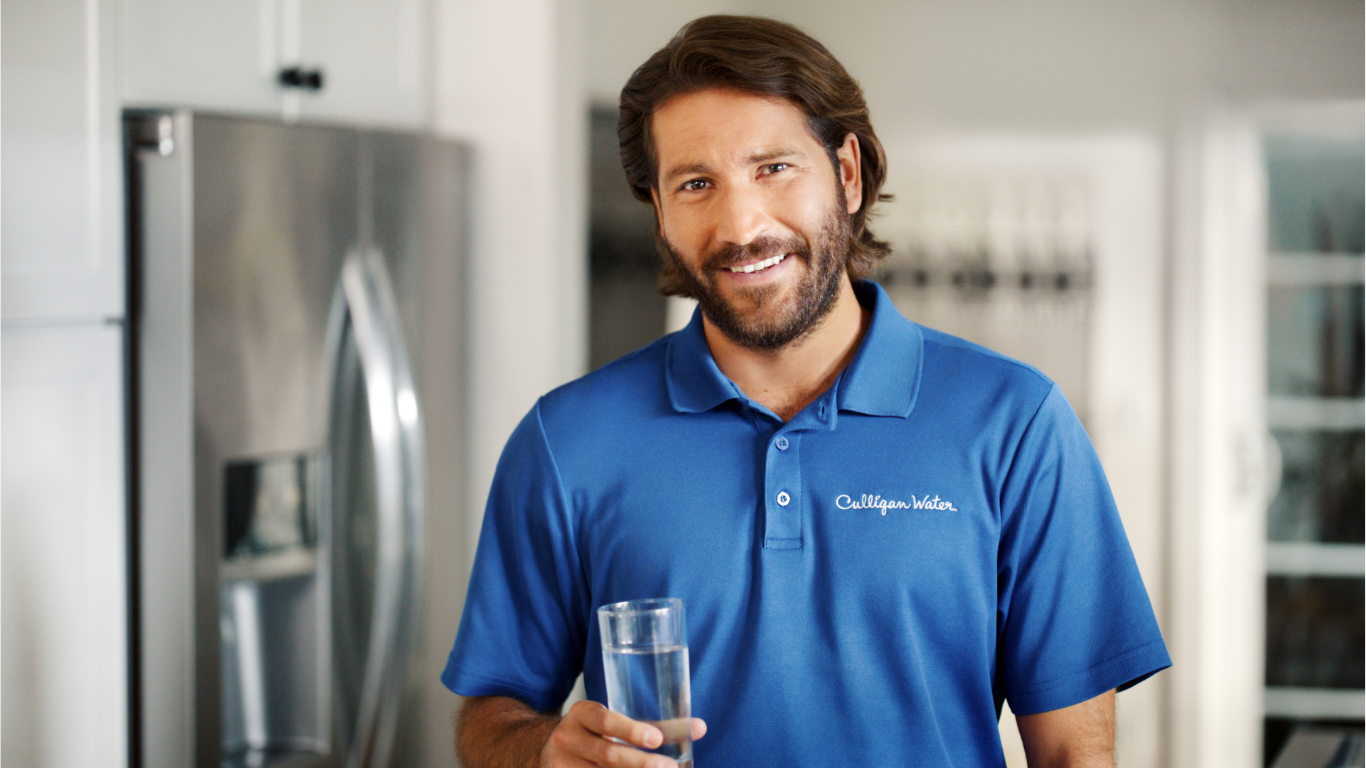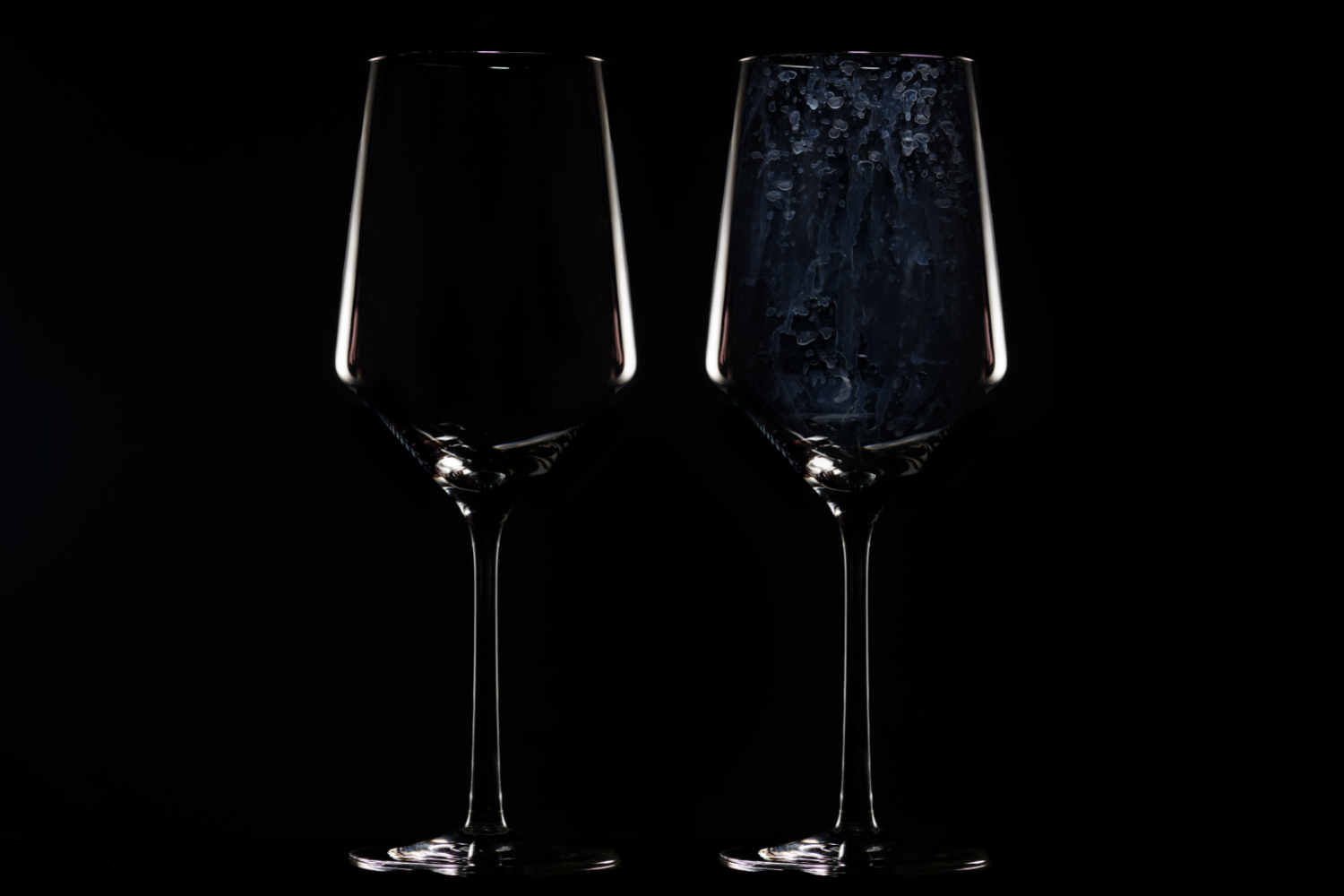
If you live in an area with hard water, you probably know all the downsides. Hard water can leave your skin feeling itchy and dry, it can be challenging to get a lather going when you’re taking a shower, and everything from your hair to your dishes can feel like they’re coated in a permanent film of grimy residue.
The good news is that getting a soft water system is an excellent way to tackle the problem as it will take the hard water and turn it into something significantly softer. It helps you enjoy all the benefits of soft water without worrying about having to clean mineral deposits.
How Does A Water Softener Work?
A water softener works by using a process called ion exchange. The hard water has a high concentration of calcium and magnesium ions, which means that it’s full of tiny rock-like-particles that stick to you and your plumbing fixtures. When you put the hard water through the softener, those ions are exchanged for sodium or potassium ions, leaving your water free of hard minerals. The result is soft water that’s easy to clean, and it’s much easier on your skin and hair, too.
What Are The Components Of A Water Softener?
A water softener has three basic components. The Control Valve, the Mineral Tank, and the Brine System.
The Control Valve automatically monitors the operation of your water softener. It will track water usage, store water quality information, and perform regenerations when necessary. A Culligan Water professional programmes the control valve to your specific water.
The Mineral Tank contains the water softening media, Cullex. To become Cullex, the water-softening resin must pass extensive quality testing to verify that only the best products are selected to be used in the water softener. The mineral tank sizing and material is selected based on the water quality and type of treatment system.
The Brine System consists of a salt storage container and hydraulic Dubl-Safe valve. The storage container holds the salt or potassium that is used during regeneration. The hydraulic Dubl-Safe valve limits the amount of water returned to the salt storage tank during the brine refill cycle. Salt or potassium must be periodically replenished to maintain efficient operation.
Benefits Of Having A Water Softener
So, what are the benefits of having a water softener? Here are the five benefits of having a water softener:
Saves Money – The most significant benefit of having a water softener is that it can help save you money. Having soft water can dramatically reduce your water bills. Replacing all of the fixtures in your home and the appliances you use daily can be expensive. Having hard water in your home could add up to thousands of dollars in expenses throughout your life.
Soap And Detergents – Hard water can leave a film on your dishes. Hard water can also cause detergents to build up in your washing machine and leave it smelling like mildew. A water softener will make washing your dishes, clothes, and even hair easier without the hard water film on them. With soft water you can use up to 75% less soap in all your water-using appliances. Saving money and prolonging their life.
Appliances – Appliances installed in your homes, such as dishwashers and washing machines, are the hardest to clean. If you have hard water, the minerals in it can build up over time on the interior parts of these appliances. It can even damage them. Installing a Culligan A water softener will make your appliances much easier to clean by lessening the need for maintenance and scrubbing every time you use them.
Gas or Electric Bills – Hard water can cause your gas or electric bills to go up. Heating hard water and the hard water minerals in your hot water heater uses much more energy than with soft water. Reduce your energy usage and prolong the life of your hot water heater with soft water. Tankless or tanked hot water heaters both work better with Culligan Soft Water.
Cleaner Hair And Softer Skin – As many know, hard water can leave your skin feeling itchy and dry. Hard water is a problem for hair as well. The mineral deposits it produces can lead to dry, brittle hair that’s difficult to manage. A water softener can help you achieve the softest, smoothest hair possible. It will also make your skin feel softer and smoother, even when using harsh soaps and shampoos. You’ll be able to wash your face without worrying about scrubbing away at it too much or causing irritation. You won’t need to use heavy-duty moisturizing creams because the softening process will take care of your needs.
Brighter And Softer Clothes – Hard water can leave clothing feeling stiff and scratchy. The clothes may also seem dull and lack the luster they once had. A water softener will remove the minerals that make hard water so rough on your clothes. This means you’ll enjoy all of your favorite clothes for longer without the frustrations of hard water wearing them out.
Cleaner Dishes – Hard water can leave a white film on all your dishes, making them feel gritty and not look clean. The gritty feeling is hard to get off and painful to clean. The good news is that you can use a water softener to better clean your dishes.
Less Time Cleaning – You’ve probably noticed that hard water can leave a film on your dishes and other household appliances, causes limescale buildup in your shower, and leaves your hair dull and brittle. With a water softener, you don’t have to worry about spending all that extra time cleaning because you won’t have to deal with hard water problems.
There is no doubt that hard water can be a significant inconvenience in your household if not addressed. If you’re experiencing one or all of the issues above, you probably have hard water. Culligan of Chico offers free in-home water testing that can help you determine if you have hard water, harmful contaminants, or bacteria lurking in your water.
Call us today to find the water softener that’s right for you!

